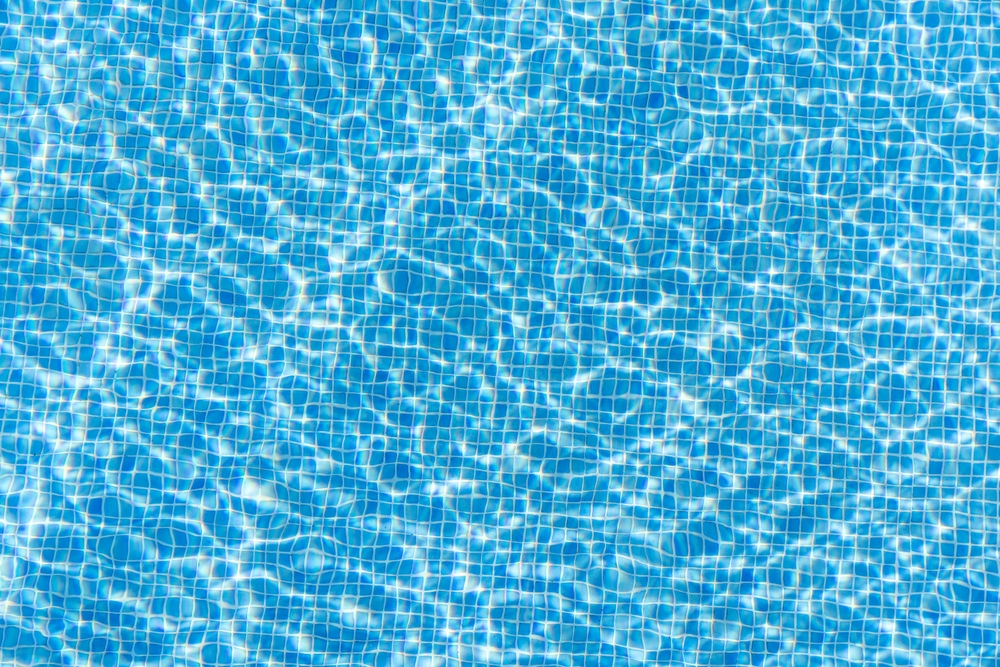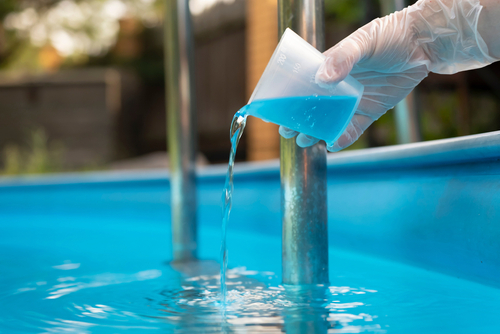How to Get Your Brentwood Pool Crystal Clear Before Labor Day
As Labor Day approaches and the California summer lingers in full swing, homeowners in Brentwood, CA are eagerly preparing for backyard barbecues, family get-togethers, and long, sunny afternoons by the water. But a sparkling, clear pool doesn’t just happen on its own. It takes strategic preparation, consistent maintenance, and often a bit of professional help to ensure your swimming area becomes the centerpiece of your end-of-summer celebrations. Whether you’re seeking to wow guests with a dazzling backyard oasis or simply ensure safe, clean water for your loved ones, now is the perfect time to dive into a dedicated pool cleaning routine.
Why Labor Day Is the Perfect Deadline
Labor Day is more than just a federal holiday—it’s often the symbolic last hurrah of the summer season. For residents of Brentwood, CA, this means a final chance to entertain poolside, soak up the sun, and show off your well-kept backyard retreat before the cooler months start rolling in. However, a lot can go wrong if your pool isn’t prepared. Algae blooms, murky water, broken pumps, and clogged filters can turn a would-be party into a stressful scramble. That’s why investing in a pre-party pool service in CA ahead of the long weekend is not only wise—it’s essential.
Planning early allows for any needed repairs, shock treatments, or deep cleans to take effect before guests arrive. It also gives you peace of mind knowing that your pool water meets the highest standards of clarity and safety. With professional help or a strong DIY approach, there’s still plenty of time to achieve clear pool water in Brentwood by the Labor Day weekend.
Establishing a Solid Pool Cleaning Routine
To achieve that crystal-clear look, consistency is key. Pool maintenance in Brentwood isn’t a one-time event—it’s a process. Start by skimming debris daily to remove leaves, bugs, and other contaminants that collect on the surface. This quick step not only keeps your water looking nice but prevents buildup that could affect your pool’s filtration system.
Next, vacuum the floor and walls of your pool to eliminate settled dirt and algae. Manual vacuuming is effective, but if time is short, consider an automatic pool cleaner to ease the burden. Scrubbing the pool walls with a stiff brush also helps to prevent algae growth, particularly in shaded corners and along waterlines.
Equally important is chemical balance. You should test your pool water at least twice a week leading up to Labor Day. Keep chlorine levels between 1.0 and 3.0 parts per million (ppm), and maintain a pH between 7.2 and 7.6. If your water chemistry is off, use the appropriate products to adjust it. Failing to do so can result in cloudy or green water—neither of which belong at a Brentwood Labor Day bash.
Adding an algaecide weekly can prevent future outbreaks, and a clarifier can help fine particles clump together so they’re easier to filter out. And don’t forget to shock your pool weekly—or more frequently if it’s been heavily used. Shocking super-chlorinates your water to kill bacteria and organic contaminants, giving you a clean slate.
The Role of Equipment in Maintaining Clear Water
Beyond regular pool cleaning, your equipment is the backbone of a healthy, swimmable pool. Start by inspecting your filtration system. A dirty or malfunctioning filter can make even the cleanest water turn hazy. For sand filters, backwash regularly; for cartridge filters, remove and clean with a pressure hose; and for DE (diatomaceous earth) filters, replenish the DE as needed after backwashing.
Your pump should be running at least 8–12 hours per day during the summer. If your water isn’t circulating properly, it can lead to stagnation, which encourages the growth of bacteria and algae. Check for any unusual noises or pressure gauge issues that might indicate a pump malfunction. Replacing worn-out O-rings, valves, or baskets can make a huge difference in your system’s efficiency.
For added protection, consider installing a UV or ozone sanitizer system. These systems reduce your pool’s reliance on chlorine, eliminate pathogens more effectively, and make it easier to keep water crystal clear. In a competitive market like Brentwood, where sparkling pools often reflect the pride of homeowners, this kind of investment can elevate your pool game significantly.
Why a Pre-Party Pool Service is a Smart Move
Even the most diligent homeowner can benefit from a professional touch, especially when preparing for a big event. A pre-party pool service in CA can quickly identify issues you may have overlooked—like subtle leaks, deteriorating seals, or imbalanced chemicals—and resolve them before they become major problems. Brentwood pool service providers often offer tailored Labor Day pool service packages designed to get your swimming area party-ready with minimal stress.
These services typically include vacuuming, wall brushing, filter maintenance, chemical balancing, shock treatments, and visual inspections of your pool’s overall health. For added convenience, many companies offer one-time cleanups or emergency services in the days leading up to the holiday. This is especially useful if you’ve just returned from vacation, or if a recent heatwave threw your maintenance routine off track.
Hiring a Brentwood-based pool professional also means you’re working with someone who understands the local climate, water chemistry trends, and equipment commonly used in the area. Their insights can help you avoid common pitfalls and maintain a pool that looks stunning not just on Labor Day, but well into the shoulder season.
Keeping the Pool Sparkling Post-Holiday
Once the party’s over, it can be tempting to let maintenance slide—but resist the urge. Post-party cleanups are essential for long-term water clarity and pool health. A large gathering introduces a lot of contaminants: body oils, sunscreen, grass, food particles, and even the occasional drink spill. These elements can throw your water chemistry off balance and clog filters quickly.
Start by skimming the surface and vacuuming thoroughly. Clean or backwash your filter, and shock the pool again to restore sanitation levels. Recheck your pH, alkalinity, and chlorine levels, and make adjustments as necessary. Continuing your regular pool cleaning regimen will ensure that your Brentwood pool stays in prime condition, whether you’re prepping for a fall dip or simply closing the season in style.
It’s also a good time to schedule a professional inspection to prepare for winterizing your pool. This includes checking the integrity of your cover, inspecting plumbing lines, and ensuring the pump and filtration system are ready to either run through fall or shut down without damage. Brentwood, CA might enjoy warmer weather than many parts of the country, but temperatures do drop—and it pays to be prepared.
By starting early, being consistent, and calling in expert help when needed, your Labor Day weekend can unfold with sparkling results. Let your Brentwood pool be the heart of your celebration—clear, inviting, and undeniably party-ready.
Need Pool Contractors In Los Angeles, CA?
Since 1999, Avanti Pools, Inc. has proudly been your locally owned and operated source for premier custom-designed pools and spas, serving Los Angeles and the surrounding areas with unparalleled quality and service. The experts at Avanti Pools, Inc. are A.P.S.I. certified professional pool builders that hold over 60 years of combined experience specializing in swimming pool and spa design and construction, automatic pool and spa covers, solar heating, self-cleaning pools, and much more. Our area of expertise lies in special engineering on difficult sites, so we are capable and fully equipped to handle even the most challenging of projects. Call the expert pool builders at Avanti Pools, Inc. today!
 (818) 501-3759
(818) 501-3759

 How To Prepare Your Pool For Spring
How To Prepare Your Pool For Spring